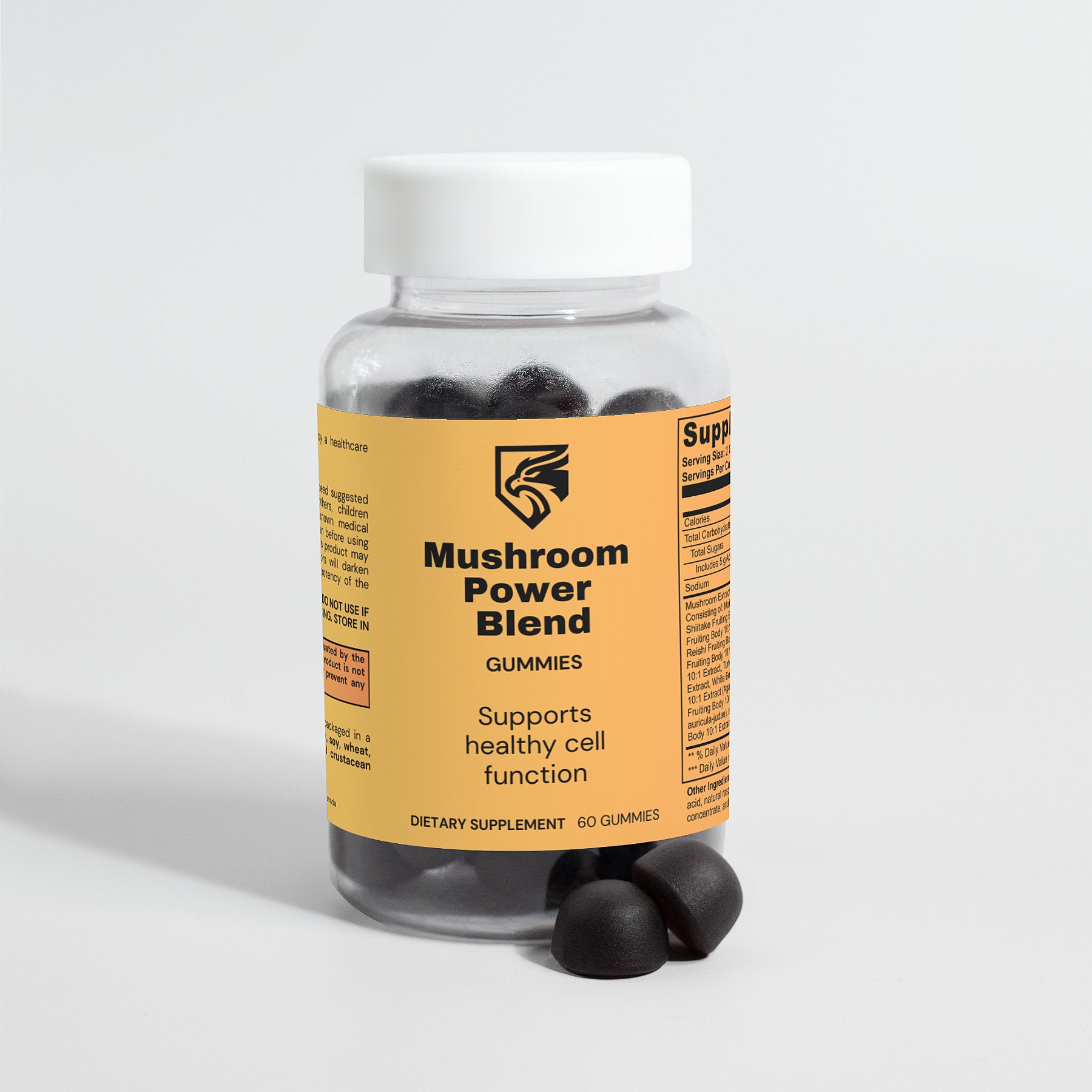Introduction
Adderall, a widely prescribed medication for attention deficit hyperactivity disorder (ADHD), has garnered attention not only for its therapeutic benefits but also for its potential side effects. Among these side effects is the impact on hormone levels, particularly testosterone. In this comprehensive article, we delve into the intricate relationship between Adderall and testosterone levels, exploring the mechanisms, implications, and considerations for individuals using this medication.
Understanding Testosterone
Testosterone, often referred to as the male sex hormone, plays a crucial role in various bodily functions beyond just sexual development and reproduction. It contributes to muscle mass, bone density, fat distribution, red blood cell production, and mood regulation. Maintaining optimal testosterone levels is essential for overall health and well-being in both men and women.
The Mechanisms of Adderall
Adderall belongs to a class of drugs known as central nervous system stimulants. Its primary components, amphetamine and dextroamphetamine, work by increasing the levels of neurotransmitters such as dopamine and norepinephrine in the brain. This action enhances focus, attention, and impulse control, making it effective in managing ADHD symptoms.
Adderall's Impact on Hormones
Research suggests that Adderall may influence hormone levels, including testosterone, through various mechanisms. One proposed pathway involves the hypothalamus-pituitary-gonadal (HPG) axis, a complex system that regulates the production of sex hormones. Stimulant medications like Adderall can potentially disrupt this axis, leading to alterations in testosterone synthesis and secretion.
Appetite Suppression and Weight Loss
One common side effect of Adderall is appetite suppression, which can result in decreased food intake and subsequent weight loss. While weight loss itself may not directly impact testosterone levels, significant or rapid weight loss, especially in combination with prolonged Adderall use, can disrupt the hormonal balance. Testosterone is synthesized from cholesterol, and drastic changes in body weight can affect the availability of cholesterol for hormone production.
Stress and Sleep Disturbances
Adderall use has also been associated with increased stress levels and sleep disturbances, both of which can influence testosterone production. Chronic stress activates the body's stress response system, which can suppress testosterone synthesis. Moreover, inadequate sleep has been linked to lower testosterone levels in men. Adderall's stimulant effects may exacerbate these issues by heightening arousal and making it difficult for individuals to relax and achieve restorative sleep.
Individual Variability and Considerations
It's important to acknowledge that individual responses to Adderall can vary widely. Not everyone will experience the same effects on testosterone levels, and factors such as dosage, frequency of use, duration of treatment, and individual physiology can all play a role. Additionally, co-existing medical conditions and concurrent medications may influence how Adderall affects hormone levels.
Clinical Implications and Management
For individuals prescribed Adderall, monitoring hormone levels, including testosterone, may be warranted, especially in cases where symptoms of hormonal imbalance arise. Healthcare providers should consider the potential impact of Adderall on hormone levels when prescribing the medication and adjust treatment plans accordingly. Lifestyle modifications, such as maintaining a balanced diet, managing stress, prioritizing adequate sleep, and incorporating regular exercise, can also support hormonal health.
Conclusion
In conclusion, Adderall's impact on testosterone levels is a multifaceted issue that warrants careful consideration. While research suggests potential mechanisms through which Adderall may influence hormone levels, further studies are needed to fully elucidate the extent of these effects and their clinical significance. Individuals using Adderall should be aware of the potential implications for hormonal health and work closely with healthcare providers to monitor and manage any related concerns. Ultimately, a holistic approach to treatment, incorporating lifestyle modifications and personalized medical care, is essential for optimizing health outcomes for individuals prescribed Adderall.







Leave a comment
All comments are moderated before being published.
This site is protected by hCaptcha and the hCaptcha Privacy Policy and Terms of Service apply.